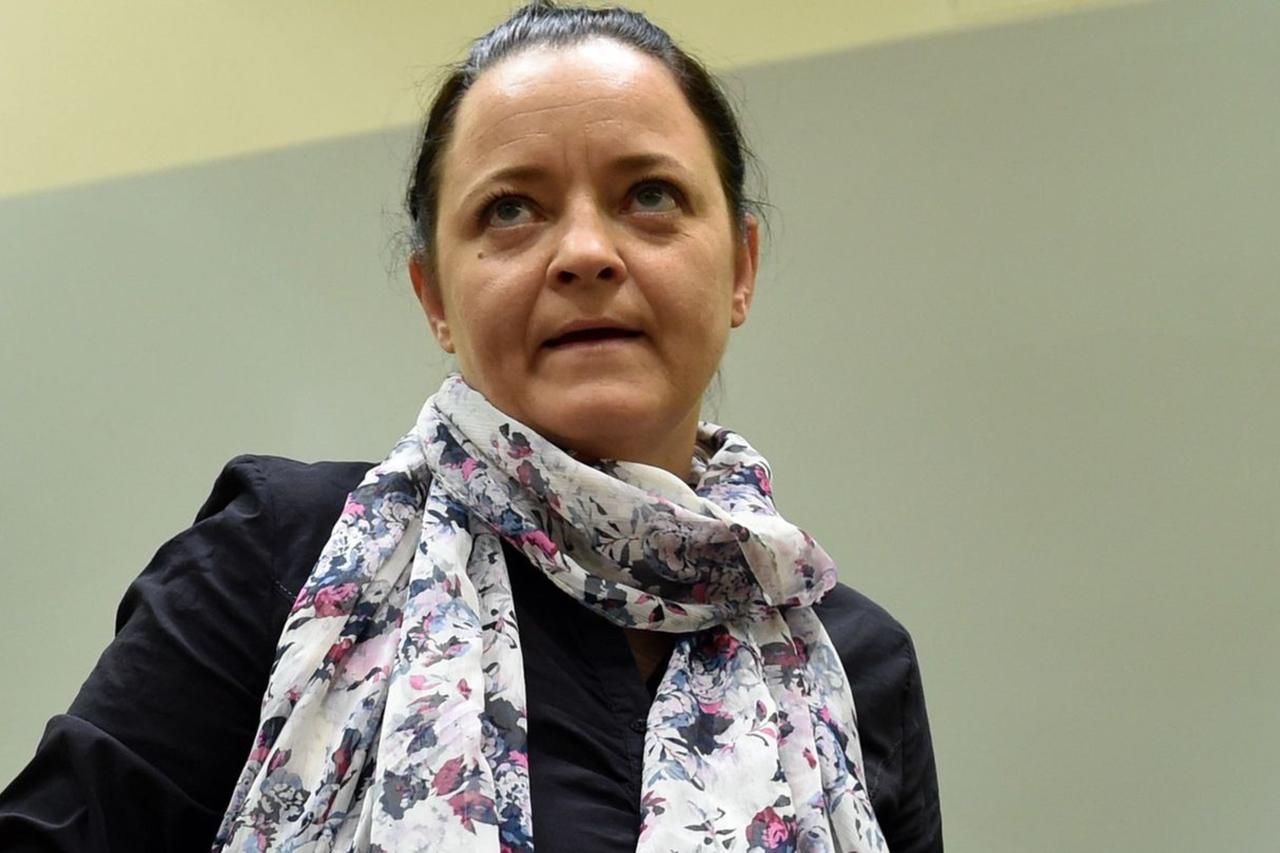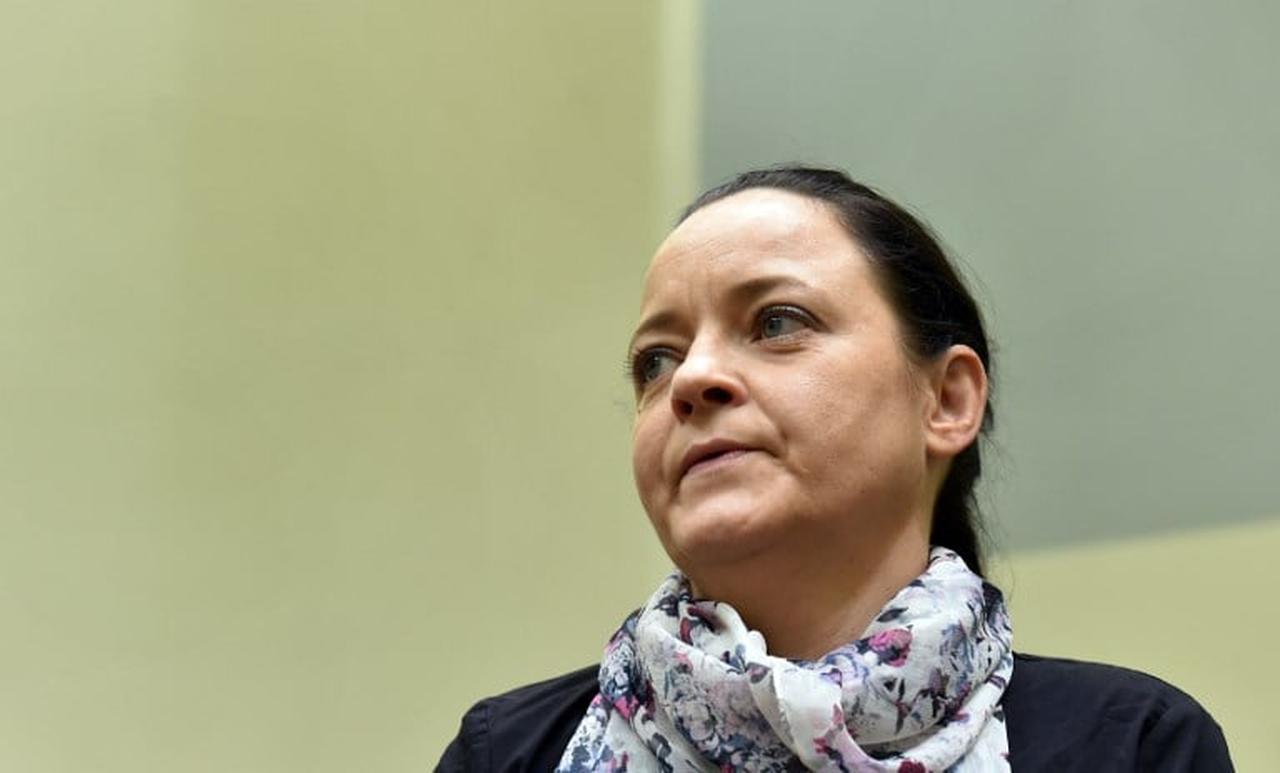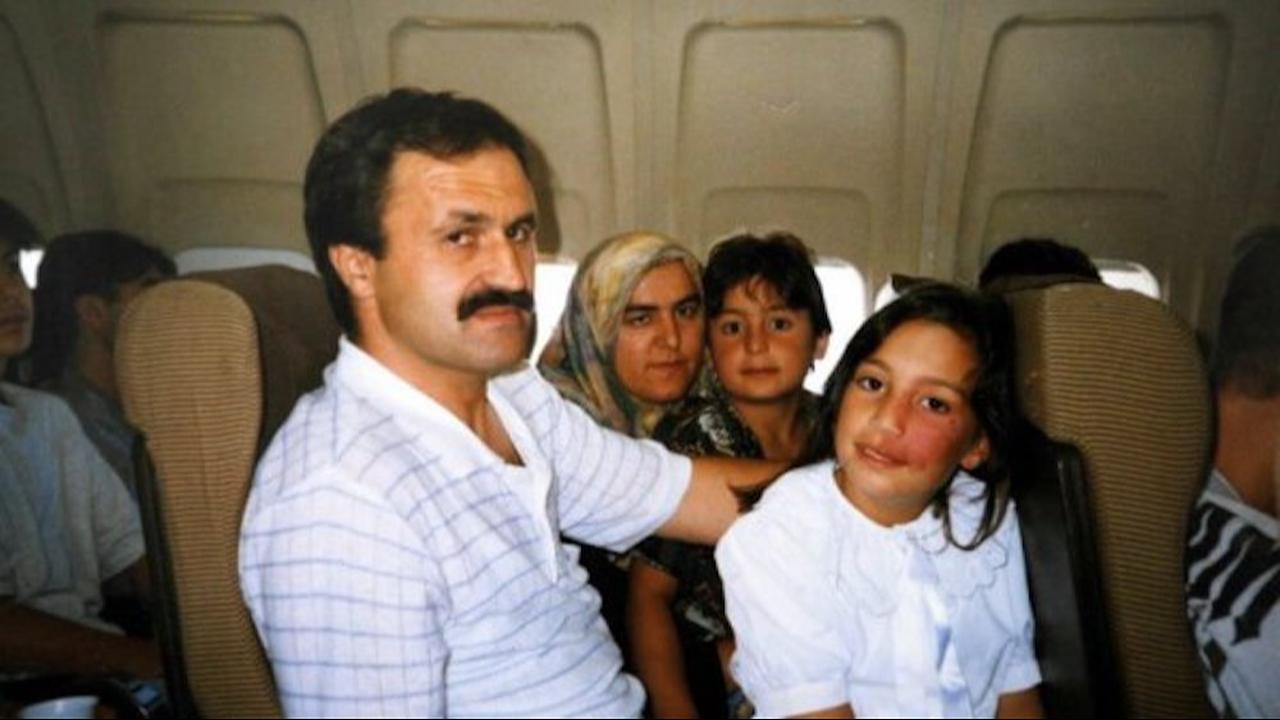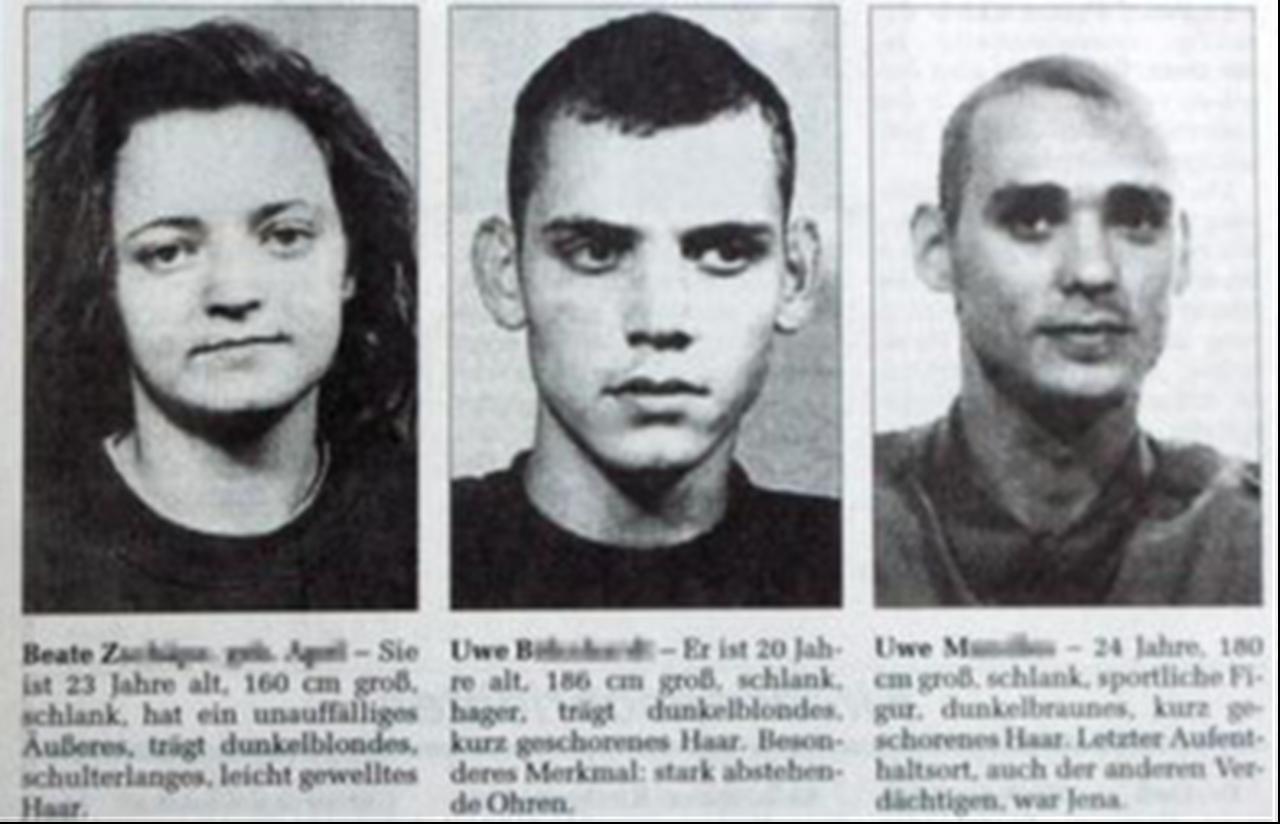
Beate Zschaepe, a convicted member of the neo Nazi cell National Socialist Underground (NSU) responsible for killing 10 people, including eight Turkish citizens, between 2000 and 2007, has applied for Germany’s “exit” rehabilitation program.
The move has triggered strong reactions from families of NSU victims.

Despite never admitting guilt, Zschaepe is seeking early release through the program, which typically includes participants who show genuine remorse. Victim families have launched campaigns against the decision, gathering around 145,000 signatures and pursuing legal action to block her release.

Semiya Simsek , daughter of Enver Simsek—one of the NSU’s victims—told Anadolu Agency that Zschaepe’s acceptance into the program is a huge disappointment. She said it undermines trust in Germany’s legal system: “This makes us feel worthless again in the eyes of the German state. More value is given to a criminal than to the families of the victims. Our voices are ignored. The court does not listen to us.”
Simsek added that many questions remain about the NSU’s murders, including who supported the group and why families were targeted. She stressed that Zschaepe’s lack of admission and silence continues to protect far-right networks.
Attorney Seda Basay-Yildiz, who represented victim families during the NSU trial in Munich (2013–2018), said authorities must ensure that the exit program genuinely contributes to deradicalization and justice.
She criticized Zschaepe for using the program strategically to secure early release rather than showing true remorse: “She never convincingly expressed regret during the trial. The first requirement for credibility would be to answer the families’ questions—and she didn’t.”
Basay-Yildiz also highlighted that the NSU could not have operated as a three-person cell alone and that Zschaepe’s silence continues to protect wider far-right networks.

The NSU murders remained unsolved for years until the group was exposed in 2011. NSU members Uwe Bohnhard and Uwe Mundlos were found dead in a campervan after a bank robbery, reportedly by suicide. Zschaepe, the only surviving member, had set fire to their hideout before surrendering to the police.
Zschaepe was sentenced to life in prison in 2018. The NSU case raised serious questions about German security services’ ability to detect and prevent far-right terrorism, particularly given evidence that NSU members had links to intelligence informants.